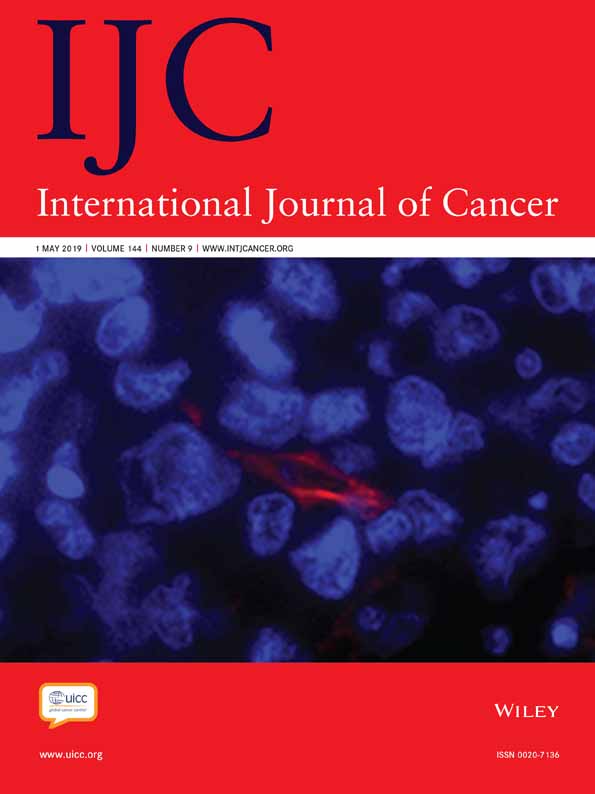Brd4 inhibition suppresses HPV16 E6 expression and enhances chemoresponse: A potential new target in cervical cancer therapy
Abstract
Although a vast amount of research underlines the roles of the HR HPV E6 and E7 oncogenes in HPV-induced carcinogenesis of cervical cancer, it remains unclear whether these oncogenes are also involved in the resistance of the cancer against chemotherapy.
We examined the role of the HPV16 E6 oncogene in cisplatin resistance by analyzing its expression in newly established cisplatin-sensitive versus -resistant cervical cancer cell lines (CC7, CC10). Resistant variants were obtained by interval exposure treatment with 1–2 μM cisplatin for 8–9 months. Our results demonstrate that the expression level of HPV16 E6 directly correlates with the extent of cisplatin resistance in novel as well as established (SiHa) drug resistant cervical cancer cell lines. Overexpression of HPV16 E6 in cisplatin-naïve cells rendered these cells more resistant to cisplatin. Reducing E6 expression by JQ1 treatment reversed the drug resistant phenotype and strongly enhanced chemoresponse only in HPV-positive cisplatin-resistant variants and not in HPV-negative C33A cervical cancer cells. The level of E6 directly correlated with the extent of cisplatin sensitivity and was shown to be increased in newly established drug-resistant cell line variants, while reducing E6 expression using Brd4-inhibitors enhanced chemoresponse when co-delivered with cisplatin. Inhibition of Brd4 could represent a new therapeutic option by increasing treatment response in cervical cancer cells and might allow lower cisplatin dosages, thus reducing negative side effects.
Abstract
What's new?
The viral oncogenes E6 and E7 of human papillomaviruses (HPVs) play a central role in cervical carcinogenesis caused by HPV infection. Whether they also mediate resistance against chemotherapeutic agents remains unclear. In this study, experiments in cervical cancer cells show that E6 counteracts cisplatin-induced cytotoxicity and increases drug-resistant variants. Suppression of E6 expression by an inhibitor of the bromodomain protein Brd4 enhanced chemoresponse when the inhibitor was co-delivered with cisplatin. The findings indicate that Brd4 inhibitors can improve cisplatin responses in cervical cancer, potentially allowing for reductions in cisplatin dose and associated reductions in side effects in patients.




